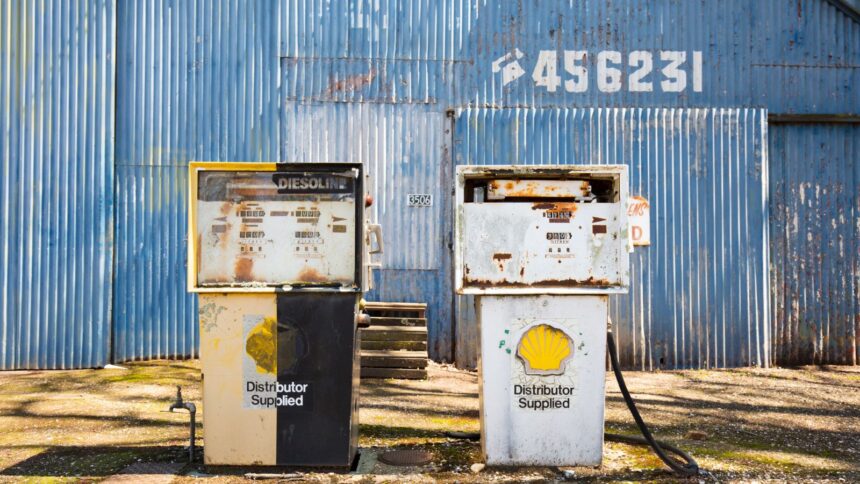The Rural Energy Agency (REA) reported a surge in applications for loans to establish rural filling stations, but only a handful made the cut. Of the 176 applications received after closing the tender in August, only 26 were deemed fit to proceed to the next round after scrutinization. The REA, aiming to reduce risks associated with arbitrary fuel selling, plans to approve around ten to 15 applicants for rural filling stations after the final round.
Eng Advera Mwijage, REA Director of Renewable and Alternative Energy Technologies, highlighted that these loans are designed to provide quality fuel at authorized rates in rural areas. The loan limit is 75 million Tanzanian shillings with a five percent interest rate and a payable period of up to eight years. While REA handles the application vetting, filling station standards and establishment adhere to regulations set by the Energy and Water Utilities Regulatory Authority (EWURA).
Mwijage emphasized that this cost-sharing initiative allows applicants to contribute part of the amount and top up the remaining costs for constructing the filling station. The initiative aims to reduce the travel distance rural dwellers face in search of fuel, discouraging reliance on unlicensed suppliers with uncertain product quality and high associated risks.
With a growing demand for petroleum products in rural areas, reflected in the increasing application numbers, REA’s initiative aligns with the rising economic activities in these regions. The emergence of boda-boda taxis further fuels the demand for fuel in rural areas.
While the typical rural petrol station has two pumps, the REA initiative addresses the challenges of inflated petrol prices and the uncertainty of fuel quality. According to the Tanzania Petroleum website, building petrol stations in town areas costs approximately 200 million to 1.0 billion Tanzanian shillings.
Beyond fuel accessibility, REA is also actively working to increase the availability of cooking energy, particularly petroleum gas, in rural areas. The agency invites LPG suppliers to apply for grants aimed at facilitating access to LPG in peri-urban and rural areas.
Eng Mwijage added that REA is exploring possibilities with TPDC to distribute natural gas to settlements along the gas pipeline from Mtwara, Lindi, Coast to Dar es Salaam. The broader initiative not only aims to reduce deforestation but also seeks to provide rural areas with easy access to clean cooking energy, aligning with REA’s comprehensive strategy of supplying electricity to all villages by June next year and all hamlets by 2030.


